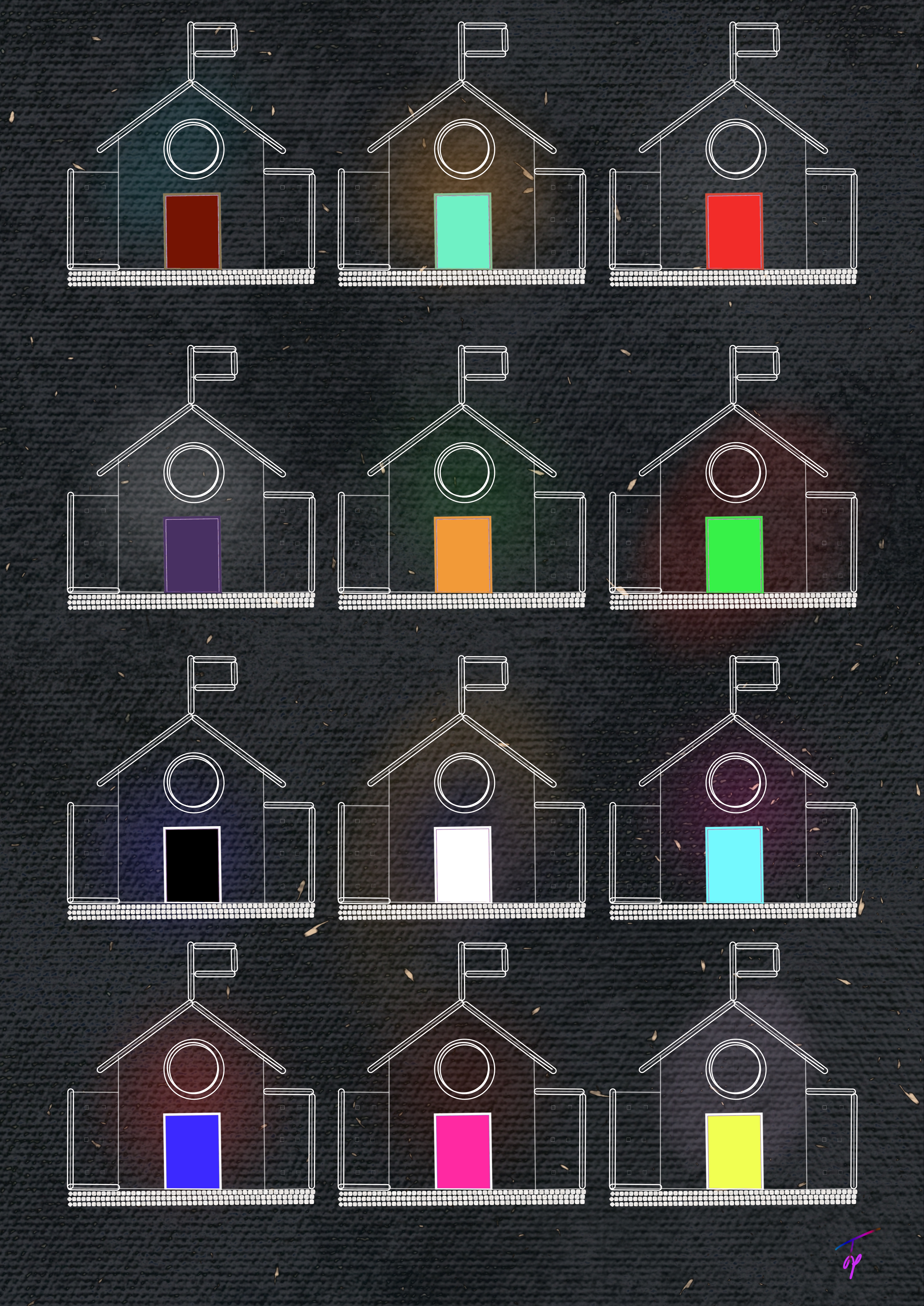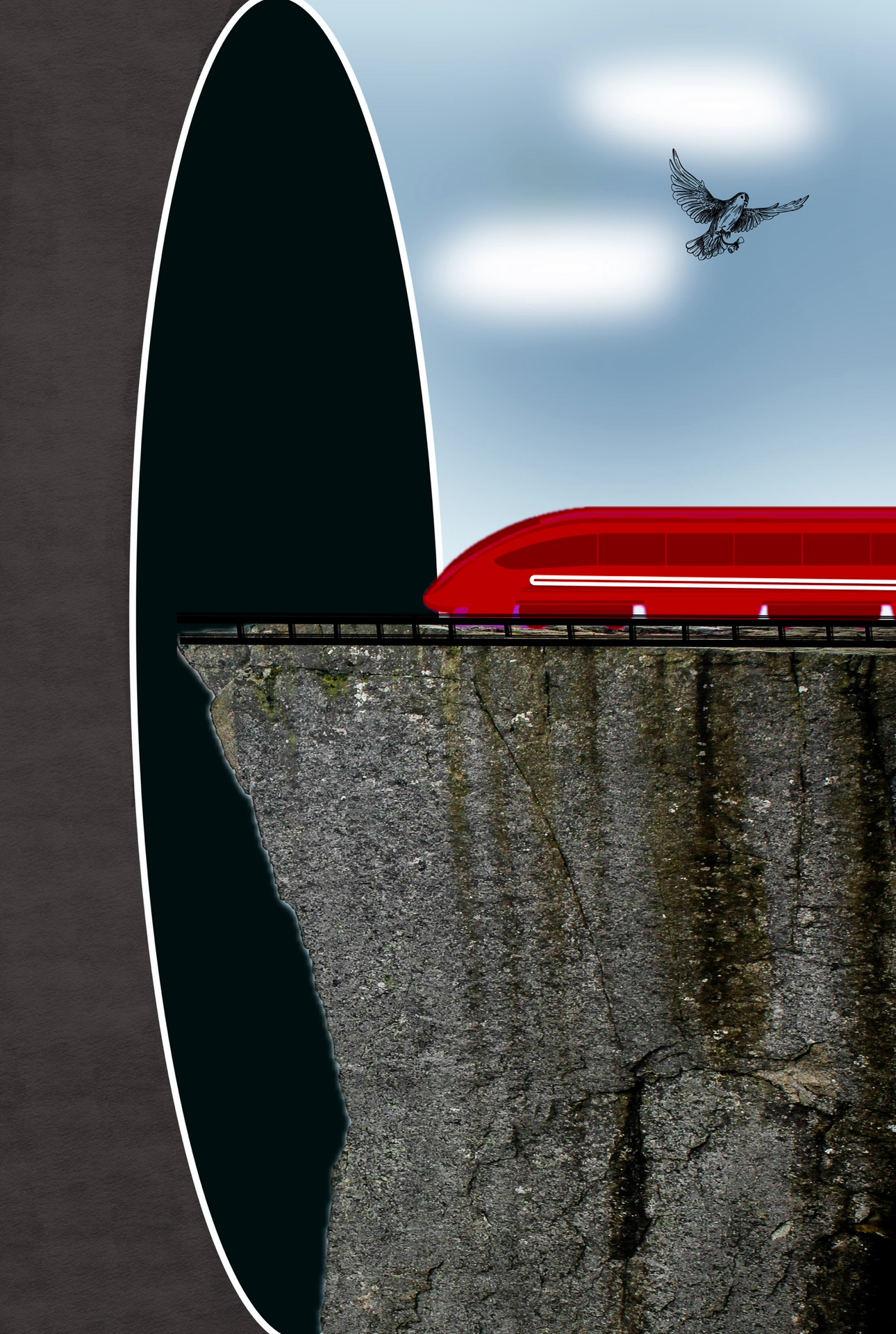
Culturally Responsive Privatization
The Nimble Narrative
In the United States the conversation around privatization has been noticeably influenced by political and cultural factors. Proponents of privatization are very culturally responsive in their efforts, it adapts to the local and political landscape. As I wrote in one of my previous blogs, States like New York privatization advocates play on the dynamic of class tension while in other states it emphasizes religious values. While I did not talk about this much in my previous blog I think it is important for me to mention here that, based on the various statistics, anywhere from 70-84% of private schools in the United States are religion based.
In an article by the CATO Institute article titled, The Libertarian Pioneers of School Choice, they state choice is a central debate in education policy today, with advocates of charter schools, vouchers, and private schools arrayed against defenders of the government-run public schooling model. While many states have adopted some kind of school choice program, some politicians denounce this trend as a stalking horse for segregation or a corporatist dystopia. The modern school choice movement was pioneered by 20th century libertarian theorists, though not all of them agreed on what type of reform was best.
The current popular arguments rest on two basic arguments.
Heavenly Mandate
In states that are more willing to identify with religion, what we would generally refer to as conservative states, the push for privatization often aligns very heavily with religious values; presenting it as a sort of moral imperative. They frame privatization as a means to protect traditional family values and provide alternatives to secular public education which they see as government overreach. Viewing the government as a sort of nuisance in their ability to raise their children. School choice is framed in terms of personal autonomy, as if to say to be denied this would be akin to a sort of spiritual kidnapping. This highly emotional narrative resonates and has been instrumental in garnering support for school choice policies.
“I believe that the Bible teaches that the education of children is the responsibility of the family and the church, not the government,” said E. Ray Moore, founder of Exodus Mandate Project on a podcast discussing the topic. School Choice is the mechanism by which educational freedom is achieved. It is the philosophical anchor to the movement.
I discussed the idea of freedom and it’s apparent incompatibility with government in this blog. This is the most recent breakdown of religious affiliation in the United States.

Infographic from the Pew Research Center
Economic Empowerment
In more liberal states, like New Tork, the argument for privatization takes on a much different tone. Here proponents emphasize the need for empowerment of marginalized communities and emphasizes the need to address class disparities. The messaging focuses on breaking the ‘monopoly of public education’ and providing equal opportunities for all students regardless of their social economic status. This is also the rhetoric of liberals.
I recently made a post on Instagram about the most expensive high schools in the country and the vast majority of them were in places like New York City and Massachusetts. There is a lot of discourse around education equality in New York City. We’ve had heated ongoing discussion around specialized high schools, schools that use a single high stakes test for entry, to the implementation of diversity plans for middle schools in some districts.
The argument is framed as a denial of school choice being an active step in maintaining the status quo, a condemnation of low income people to generational poverty as a direct result of limited opportunity and mobility orchestrated by ‘the elites’.
There is a tenor of social justice in more liberal states, emotive language like “empowerment” and “self determination” are used to reflect the current culture.
As a person that spent the majority of my educational life in religious schools, I grew up in Trinidad and Tobago and went to an Islamic primary school followed by a baptist high school. I have experienced the dynamic of having schools having a religious character while also having to abide by governmental regulations relative to the curriculum. So in the abstract, I can absolutely imagine a world where this can exist because I have lived it. Though the constitution and state laws may beg to differ here.
Government should be in the business of making sure that high quality schools exist for all and people have been clear about the things that matter to them in schools. A National Household Education Surveys shared what parent’s priorities are.



The wider societal factors that we know affect student learning outcomes are herculean tasks, not impossible ones, with innumerable caveats and permutations but what can, and must be done, is a leveling of the learning field. That is something that we can exert considerable control and in doing so, maybe liberals can reclaim some credibility and control of the narrative.













